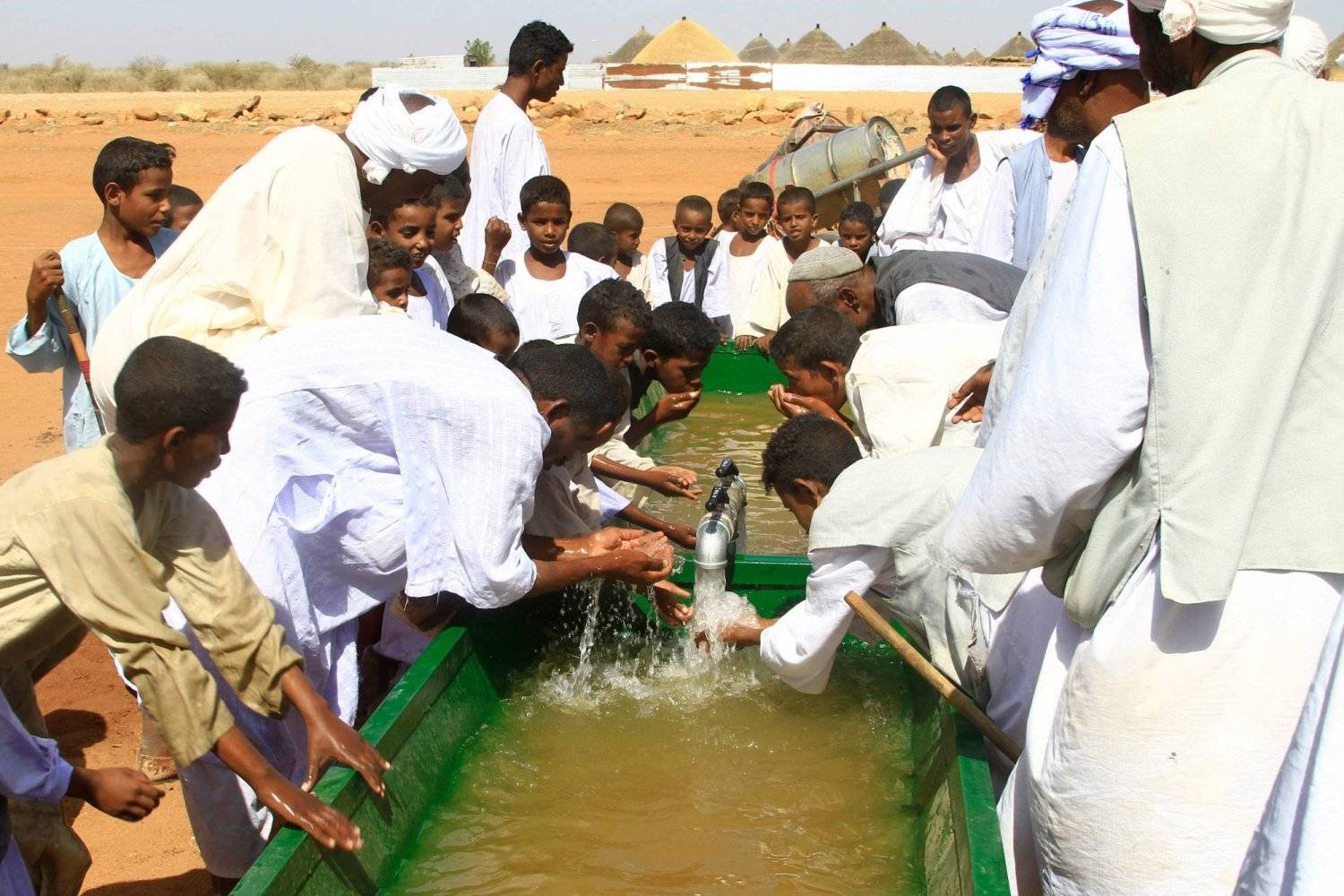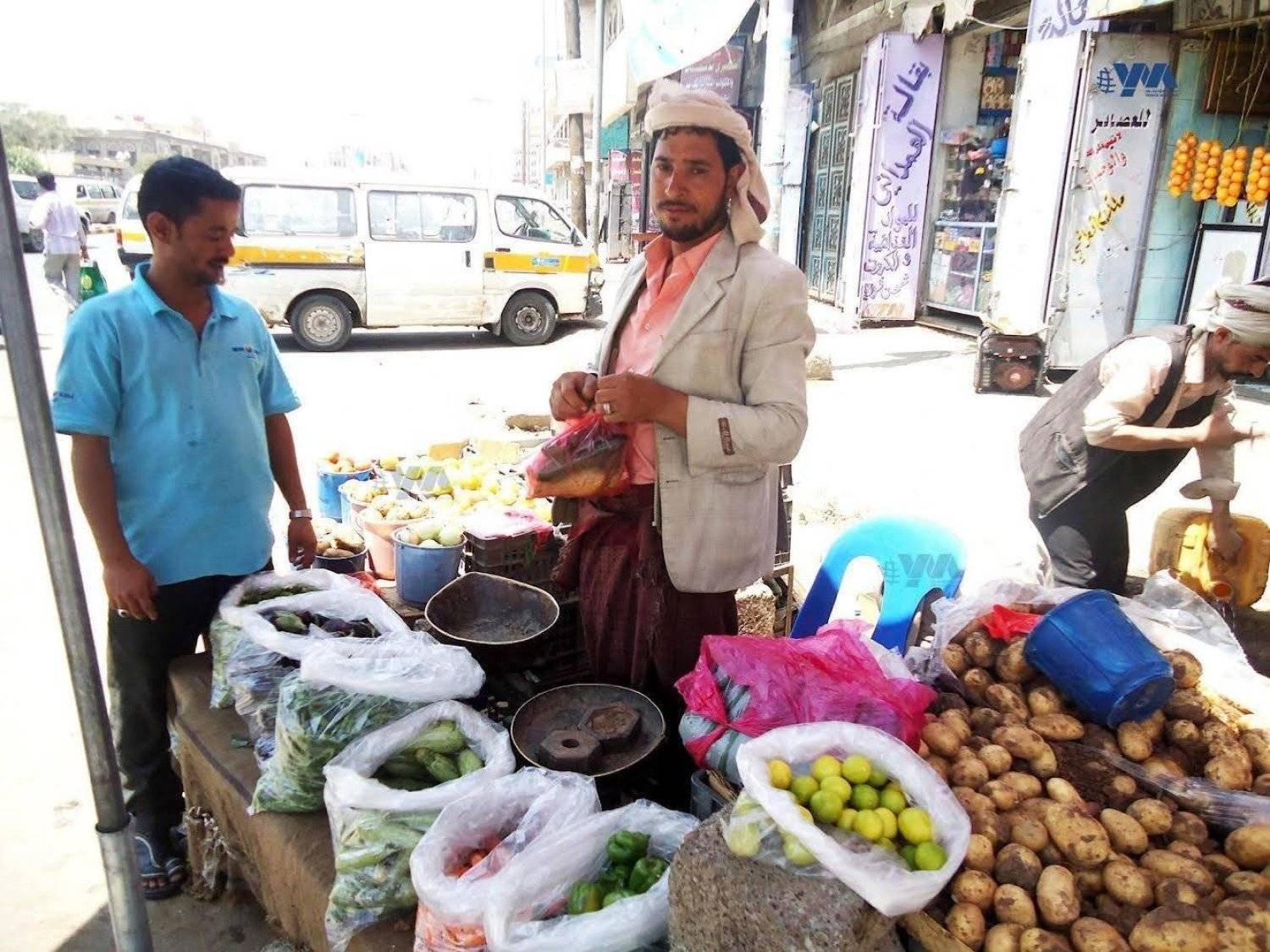An Israeli tank brigade seized control of Gaza’s vital Rafah border crossing Tuesday as Israel brushed off urgent warnings from close allies and launched an incursion into the southern city even as ceasefire negotiations with Hamas remained on a knife’s edge.
The UN warned of a potential collapse of the flow of aid to Palestinians from the closure of Rafah and the other main crossing into Gaza, Kerem Shalom, at a time when officials say northern Gaza is experiencing “full-blown famine.”
The Israeli foray overnight came after hours of whiplash in the now seven-month-old Israel-Hamas war, with the group saying Monday it accepted an Egyptian-Qatari mediated ceasefire proposal. Israel, however, insisted the deal did not meet its core demands.
The high-stakes diplomatic moves and military brinkmanship left a glimmer of hope alive — if only barely — for a deal to bring at least a pause in the war, which has killed more than 34,700 Palestinians, according to local health officials, and has devastated the Gaza Strip.
By capturing Rafah, Israel gained full control over the entry and exit of people and goods for the first time since it withdrew soldiers and settlers from Gaza in 2005, though it has long maintained a blockade of the coastal enclave in cooperation with Egypt.
The incursion appeared to be short of the full-fledged offensive into Rafah that Israel has planned and might have been a pressure tactic in the ceasefire talks. Israeli Prime Minister Benjamin Netanyahu called it an “important step” toward dismantling Hamas' military and governing capabilities.
Fighting forced the evacuation of the Abu Youssef al-Najjar Hospital, one of the main medical centers that has been receiving people wounded in airstrikes on Rafah in recent weeks. It was not immediately clear how many patients had been moved to other facilities.
The looming operation threatens to widen a rift between Israel and its main backer, the United States, which says it is concerned over the fate of around 1.3 million Palestinians crammed into Rafah, most of whom have fled fighting elsewhere.
US President Joe Biden warned Netanyahu again Monday against launching an invasion of the city after Israel ordered 100,000 Palestinians to evacuate from parts of Rafah. But Netanyahu's far-right coalition partners have threatened to bring down his government if he calls off the offensive or makes too many concessions in ceasefire talks.
Palestinians' cheers of joy over Hamas' acceptance of the ceasefire turned to fear Tuesday. Families fled Rafah's eastern neighborhoods on foot or in vehicles and donkey carts piled with mattresses and supplies. Children watched as parents disassembled tents in the sprawling camps that have filled Rafah for months to move to their next destination — which for many remained uncertain.
“Netanyahu only cares about coming out on top. He doesn't care about children. I don't think he'll agree” to a deal, said Najwa al-Saksuk as her family packed up while Israeli strikes rang out amid plumes of black smoke.
Families of the hostages also saw their hope turn to despair. Rotem Cooper, whose 85-year-old father, Amiram, was among scores abducted during Hamas' Oct. 7 attack, slammed what he said was the government’s inaction on a deal.
“We see all sorts of explanations — this isn’t the deal that we gave them, Hamas changed it without saying something,” Cooper said at a parliamentary hearing Tuesday. He questioned whether military pressure was an effective bargaining tactic.
Israel's 401st Brigade took “operational control” of the Gaza side of the Rafah crossing early Tuesday, the military said. Military footage showed Israeli flags flying from tanks in the area. It also said troops and airstrikes targeted suspected Hamas positions in Rafah.
The military claimed it had intelligence the crossing was “being used for terrorist purposes,” though it did not immediately provide evidence. It said Hamas fighters near the crossing launched a mortar attack that killed four Israeli troops near Kerem Shalom on Sunday and that more mortars and rockets were fired from the area on Tuesday.
Hamas said its fighters clashed with Israeli troops barricaded in a building in Rafah and that it fired rockets on a military facility close to Kerem Shalom.
The Rafah crossing with Egypt and the Kerem Shalom crossing with Israel are critical points of entry for food, medicine and other supplies keeping Gaza’s population of 2.3 million alive. They have been closed for at least the past two days, though the smaller Erez crossing between Israel and northern Gaza continues to operate.
Israeli authorities denied the UN humanitarian affairs office access to the Rafah crossing Tuesday, said its spokesman, Jens Laerke, warning the disruption could break the fragile aid operation. All fuel for aid trucks and generators comes through Rafah, and Laerke said there was a “very, very short buffer of about one day of fuel."
Israeli strikes and bombardment across Rafah overnight killed at least 23 Palestinians, including at least six women and five children, according to hospital records.
Mohamed Abu Amra said his wife, two brothers, sister and niece were killed when a strike flattened their home as they slept. “We did nothing. ... We don’t have Hamas,” he said.
Egypt’s Foreign Ministry condemned the seizure of the crossing, calling it “a dangerous escalation.”
Egypt has previously warned that any seizure of Rafah — which is supposed to be part of a demilitarized border zone — or an attack that forces Palestinians to flee over the border into Egypt would threaten the 1979 peace treaty with Israel that’s been a linchpin for regional security.
Netanyahu has said an offensive to take Rafah — which Israel says is Hamas' last major stronghold in Gaza — is crucial to the goal of destroying Hamas after its Oct. 7 attack on southern Israel that triggered the war. In that unprecedented raid, Hamas and other militants killed some 1,200 people, mostly civilians, and took around 250 hostages back to Gaza.
The United States, Egypt and Qatar have spent months trying to broker an agreement on a ceasefire and the release of the estimated 100 hostages and the remains of 30 others still held by Hamas, which insists it will not release them unless Israel ends the war and withdraws from Gaza.
Netanyahu and other top officials have publicly rejected those demands, saying they plan to resume the offensive after any hostage release and continue it until Hamas is destroyed. For now, the hostages serve as Hamas' strongest bargaining chip and potential human shields for its leaders.
Israel said the ceasefire proposal that Hamas agreed to did not meet its “core demands.” But it said it would send a delegation to Egypt to continue negotiations. An Egyptian official said delegations from Hamas and Qatar arrived in Cairo on Tuesday.
An Egyptian official and a Western diplomat said the draft Hamas accepted had only minor changes in wording from a version the US had earlier pushed for with Israeli approval. The changes were made in consultation with CIA chief William Burns, who embraced the draft before sending it to Hamas, they said, speaking on condition of anonymity to discuss the deliberations.
The White House said Burns was discussing the Hamas response with the Israelis and other regional officials.
According to a copy released by Hamas, the proposal outlines a phased release of the hostages alongside the gradual withdrawal of Israeli troops from the entire enclave and ending with a “sustainable calm,” defined as a “permanent cessation of military and hostile operations.”
















